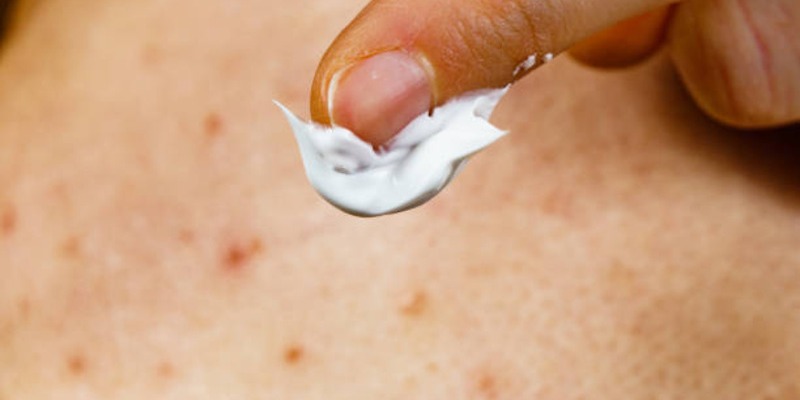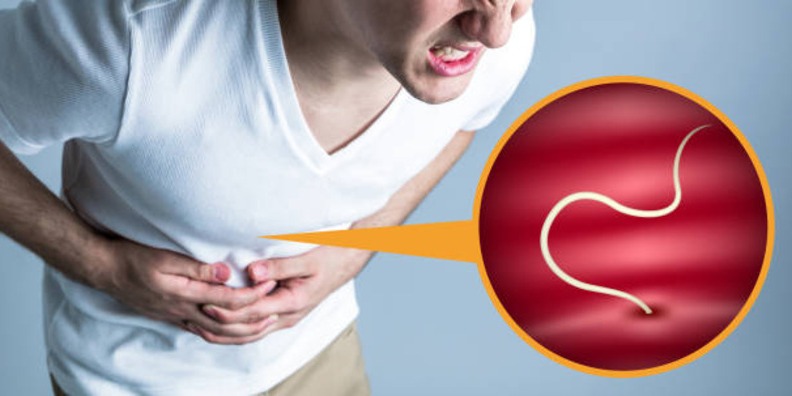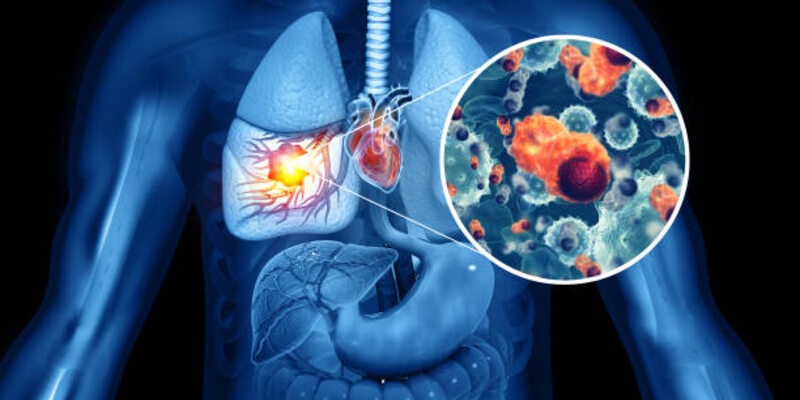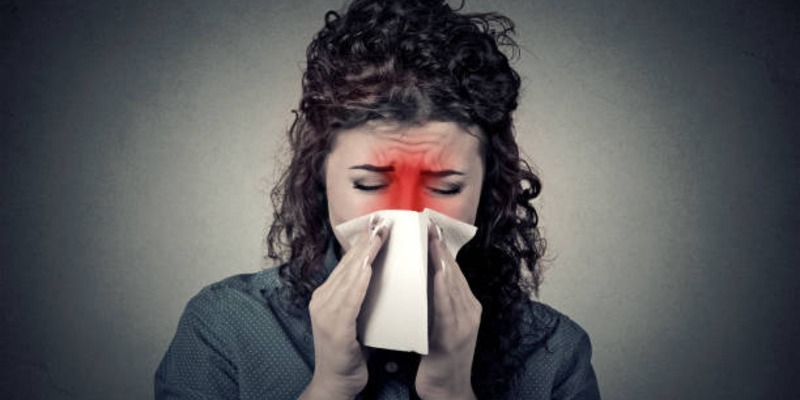Though most of us don't like to think about it, intestinal parasites can be a common problem in some parts of the world. Quite often, we are exposed to these tiny critters without even knowing it as they can live inside an individual's body without them noticing any changes. In this blog post, you will learn what exactly intestinal parasites are and how they can impact your health—as well as ways to prevent getting infested with them and treatments for those who have already been affected. Read on to gain a better understanding of intestinal parasites so that you can protect yourself from their potential risks and make sure you're doing all that you can towards keeping your digestive system healthy!
What Are Intestinal Parasites?
Intestinal parasites are harmful organisms that live in humans' intestines. They are contracted through ingestion of contaminated food or water, or by being in direct contact with infected people or animals. Common types of intestinal parasites include;
- Roundworms
- Tapeworms
- Hookworms.
How Are They Contracted?
These parasites can cause a range of symptoms, ranging from mild to severe, including diarrhea, abdominal pain, and vomiting, among others. It is essential to take preventative measures such as washing hands regularly, thoroughly cooking food, and avoiding exposure to infected individuals or animals to prevent getting infected with intestinal parasites. Seeking medical attention is also crucial if you experience any symptoms of infection.
Symptoms of Intestinal Parasites:
Intestinal parasites are organisms that thrive in the intestines of animals and humans. They can cause a variety of symptoms that can disrupt daily life. Symptoms might include;
- Diarrhea
- Abdominal pain
- Bloating
- Weight loss
- Fatigue
In severe cases, anemia may develop. Some parasites can even cause more serious diseases, such as liver and lung infections. Unfortunately, it can be easy to contract these organisms as they are present in food, water, and soil.
It is important to take necessary precautions to eliminate the risk of infection, such as washing hands regularly and practicing proper food safety measures. If you are experiencing symptoms of an intestinal parasite, it is important to seek medical attention promptly to prevent further complications.
Treatments for Intestinal Parasites:
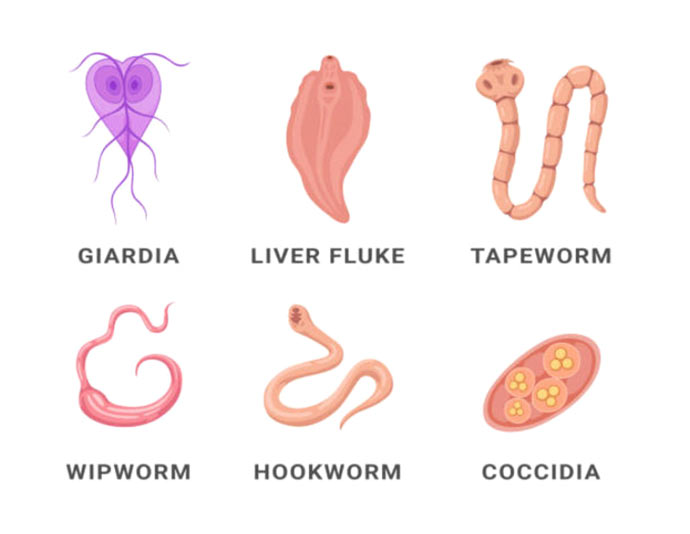
Intestinal parasites can be troublesome, causing symptoms such as stomach pain, diarrhea, and weight loss. Treatments are available to help rid the body of these unwanted visitors. One common type of treatment is medication, such as antiparasitic drugs.
These medications can be highly effective at killing the parasites. In addition, dietary changes, such as avoiding certain foods, may also be recommended. It's important to seek medical attention if you suspect you have intestinal parasites, as untreated infections can lead to serious health problems.
Over-the-Counter Treatments for Intestinal Parasites:
While prescription medications are the most common treatment for intestinal parasites, some over-the-counter options may also be effective. These include herbal remedies and supplements that claim to cleanse the digestive system and eliminate parasites. However, it's essential to consult with a healthcare professional before trying any of these treatments as they may not be safe or effective.
Antiparasitic Drugs: The First Line of Defense:
As mentioned earlier, antiparasitic drugs are the most common treatment for intestinal parasites. These medications work by either killing the parasites or stopping them from reproducing. They may be taken orally or applied topically, depending on the type of parasite and severity of infection. It's important to follow your healthcare provider's instructions carefully when taking these medications to ensure they are effective.
Natural Remedies to Combat Intestinal Parasites:
Some natural remedies may also help combat intestinal parasites. These include incorporating certain foods into your diet, such as garlic and pumpkin seeds, which are believed to have anti-parasitic properties. However, it is important to consult with a healthcare professional before trying any natural remedies as they may interact with other medications or health conditions.
The Role of Diet in Treating Intestinal Parasites:
Besides incorporating anti-parasitic foods, making dietary changes can also aid in treating intestinal parasites. These may include avoiding certain foods that may aggravate symptoms or worsen the infection and opting for a nutrient-dense diet to help boost the immune system. It's essential to work with a healthcare professional or registered dietitian to determine the right dietary changes for your specific situation.
Surgical Intervention for Severe Cases of Parasitic Infestations:
In rare cases, surgical intervention may be necessary to remove intestinal parasites. This is typically reserved for severe or life-threatening infections that do not respond to other treatments. Surgery can also help repair any damage caused by the parasites and prevent further complications.
Immunotherapy: A Promising Treatment for Intestinal Parasites:
Immunotherapy is a newer treatment option for intestinal parasites that shows promise in effectively eliminating these organisms from the body. This type of therapy works by boosting the immune system's response to the parasites, making it easier for the body to fight off and eliminate them. It can be used alongside other treatments or as a standalone solution.
Probiotics and Parasite Elimination:
Probiotics are beneficial bacteria that can aid in maintaining a healthy balance of microorganisms in the gut. Studies have shown that certain strains of probiotics may help eliminate intestinal parasites and prevent future infections. More research is needed to fully understand the role of probiotics in treating parasitic infestations.
Prevention Tips for Avoiding Intestinal Parasites:
Intestinal parasites can cause serious harm to your body and it's important to take preventative measures to protect yourself.
- One of the most effective ways to avoid intestinal parasites is to practice good hygiene. This includes washing your hands frequently and thoroughly with soap and warm water, especially before handling food or after going to the bathroom.
- It's also important to avoid consuming raw or undercooked meat, as well as unwashed fruits and vegetables.
- Maintaining good overall health, such as getting enough sleep and staying hydrated, can also help strengthen your immune system and reduce your risk of contracting intestinal parasites.
Understanding the Risks Associated With Intestinal Parasites:
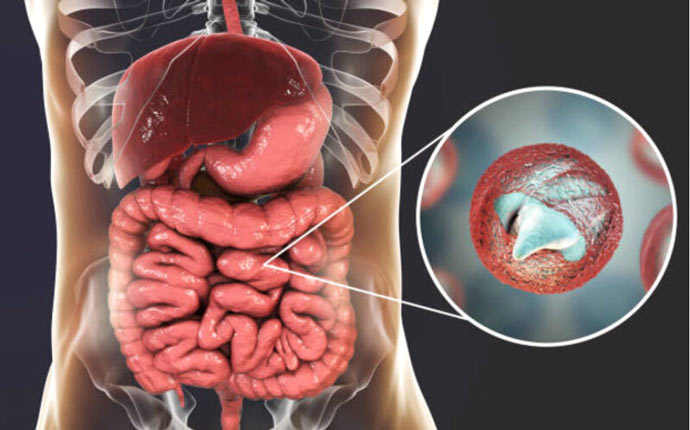
Intestinal parasites can pose a serious health risk to humans, as they have the ability to compromise the digestive system and cause a range of symptoms. These parasites often enter the body through consuming contaminated food or water, or through contact with infected fecal matter. Some of the most common symptoms of intestinal parasites include diarrhea, abdominal pain, and nausea. In more severe cases, individuals may experience weight loss, anemia, and other serious complications.
To minimize the risk of infection, it's important to take preventive measures such as washing hands regularly, avoiding consumption of food and water from unknown sources, and ensuring proper hygiene habits in bathrooms and other facilities. With proper care, it's possible to avoid the risks associated with intestinal parasites and maintain good health.
Conclusion:
Intestinal parasites are often a reality of life, but learning about them is the first step in prevention. Being aware of the symptoms and treatments can help you keep your intestines free of these unwelcome guests. That being said, if you suspect that you have contracted an intestinal parasite, it's important to reach out to your health care provider for medical advice and prompt treatment. Understanding the risks associated with intestinal parasites is an essential part of taking control of your health and well-being. Arm yourself with knowledge to prevent infection and seek proper medical care to ensure a swift recovery.

